History
St Aldhelm’s History Curriculum Intent
-
Provide children with creative and memorable classroom opportunities to create links between periods of time and contextual links to places within the world.
-
Equip children with tools, confidence and knowledge to develop an inquisitive approach towards both places and people, now and within periods of history.
- Provide opportunities to inspire and enhance children's learning journey through educational visits, interactive resources and drawing on the experiences of others.
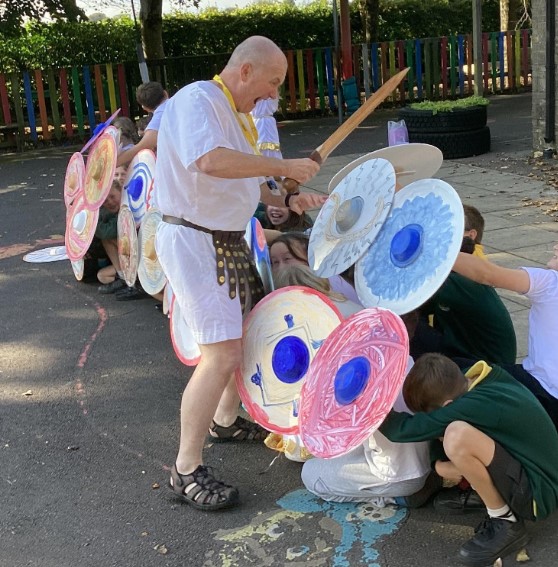
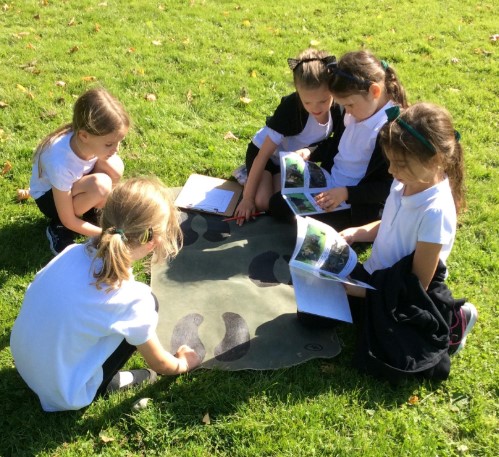
Most history learning is completed through an ‘enquiry’ project and is recorded in enquiry books, where children are also given the opportunity to share their cross-curricular learning. Photos and videos capturing practical and discussion-based activities are not always able to be in books. However, these are shared with parents on Class Dojo.

Resources for history are sourced and resourced in shared areas of the school. History resources include a range of objects (artefacts), photographs, pieces of art and videos to support chronological understanding. Teachers are aware of websites and companies that can develop learning opportunities for children, as well as including opportunities for visitors and class trips.
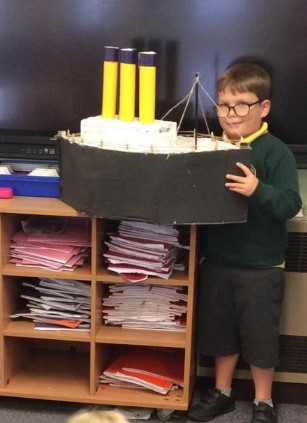
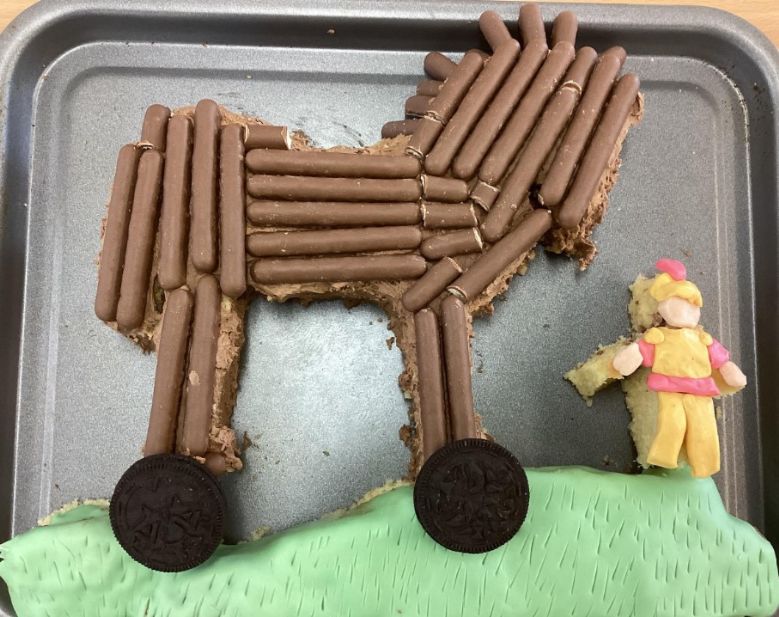
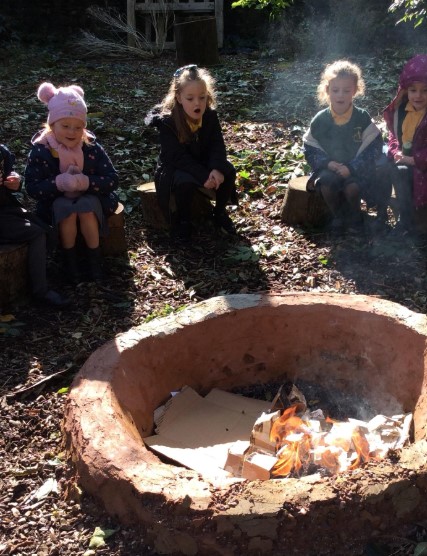
In History, there is a focus on exploring historical artefacts and primary/secondary sources, including stories to introduce and bring historical people and events to life. This is particularly evident in KS1 when considering events such as the Great Fire of London. Visits to historic sites and workshop opportunities are also encouraged wherever possible. In history, chronology is important and the teaching of ‘time’ and linking events to one another is crucial. As children mature in their approach to understanding history, they concentrate more so on past events, life-styles and activities of people in the past.
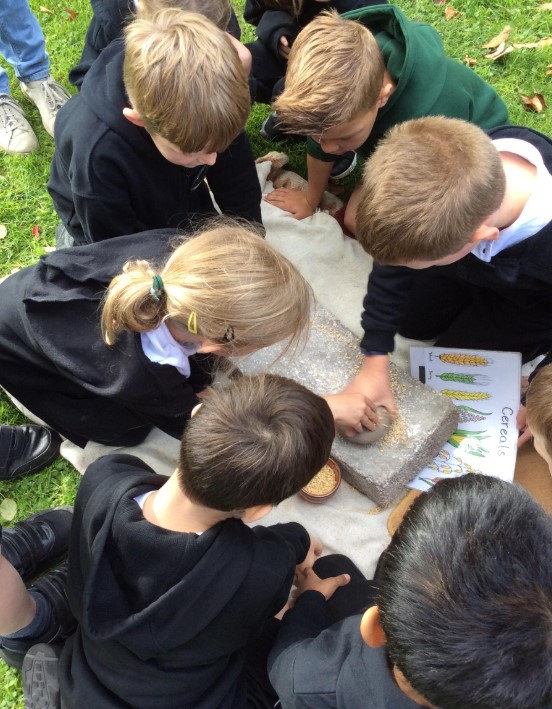
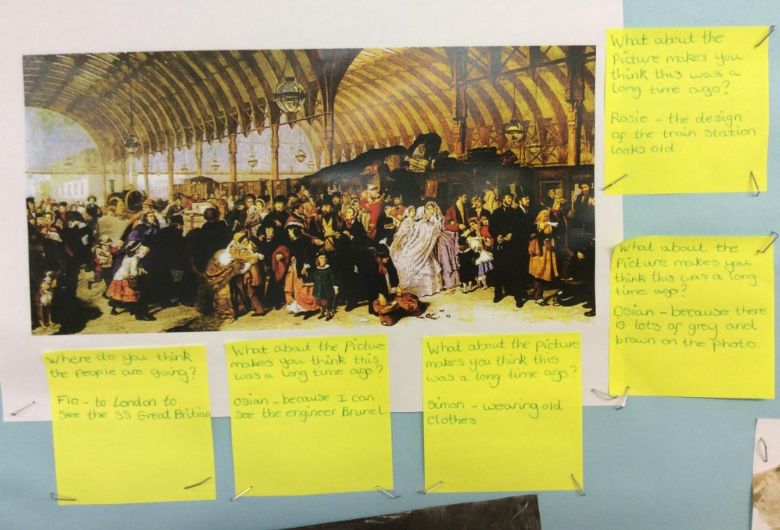
We have split year groups in Kingfishers (Year 4 and 5) and Falcons (Year 5 and 6). Due to this, we have a Cycle A and B so that all children continue to acquire new knowledge, as well build upon existing knowledge and skills. This, as well as the whole school's history, can be seen in the 'History Curriculum Map,' in the documents below.
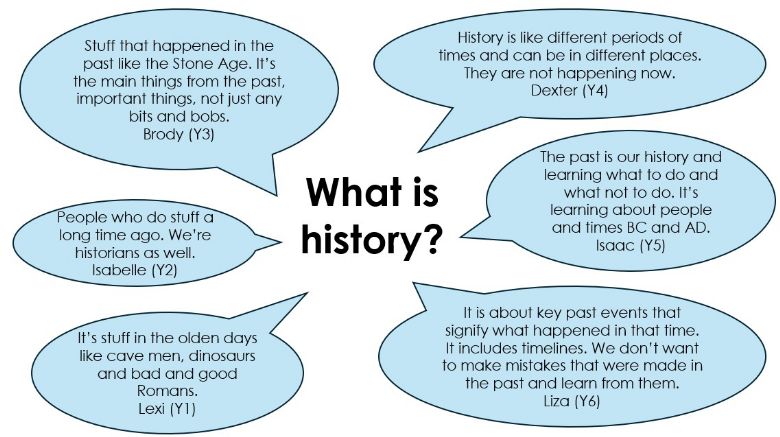
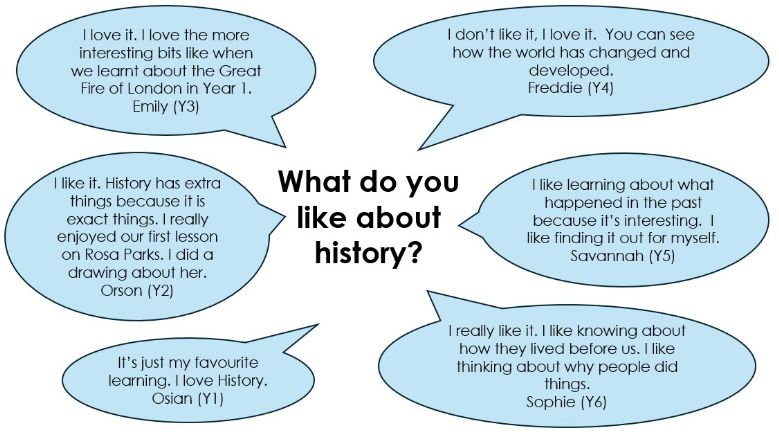
Characteristics to develop as an effective historian:
• An excellent knowledge and understanding of people, events, and contexts from a range of historical periods and of historical concepts and processes.
• The ability to think critically about history and communicate ideas very confidently in styles appropriate to a range of audiences.
• The ability to consistently support, evaluate and challenge their own and others’ views using detailed, appropriate and accurate historical evidence derived from a range of sources.
• The ability to think, reflect, debate, discuss and evaluate the past, formulating and refining questions and lines of enquiry.
• A passion for history and an enthusiastic engagement in learning, which develops their sense of curiosity about the past and their understanding of how and why people interpret the past in different ways.
• A respect for historical evidence and the ability to make robust and critical use of it to support their explanations and judgements.
• A desire to embrace challenging activities, including opportunities to undertake high-quality research across a range of history topics.
